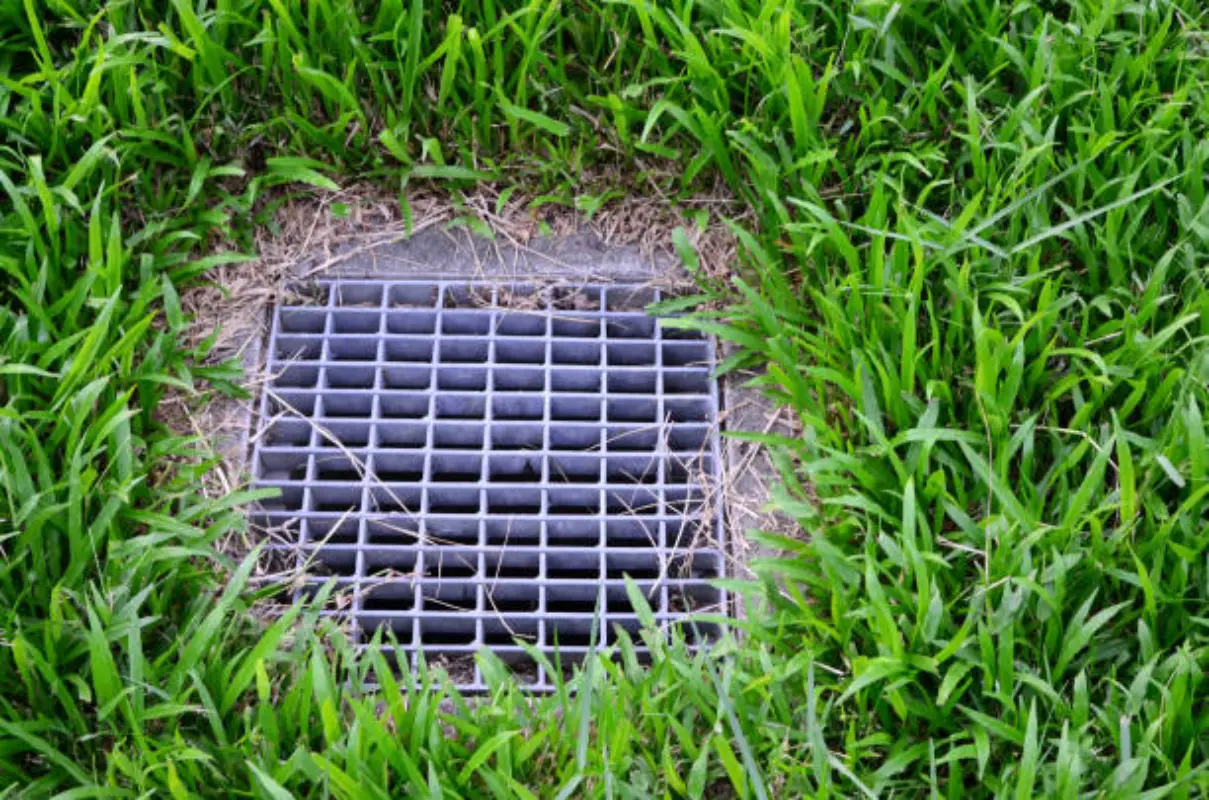
Creative Ways Rainwater Management Protects Homes
Managing rainwater effectively is essential for protecting homes from long-term damage. Uncontrolled runoff can lead to erosion, foundation issues, and moisture infiltration, especially during heavy storms. Implementing proper rainwater management strategies helps safeguard a home’s structural integrity and maintain the surrounding landscape.
A key element of successful rainwater control is ensuring that drainage systems are properly designed and maintained. Gutters, downspouts, and grading should all work together to direct water away from the foundation. Regular inspection and cleaning of these components can prevent blockages and overflow, reducing the risk of costly water-related damage over time.
Innovative Rainwater Harvesting Techniques
Innovative rainwater harvesting techniques are becoming essential for smart home design, offering creative ways to manage water and protect property. By capturing and redirecting rainwater, homeowners can reduce runoff, lessen erosion, and minimize the risk of flooding. Techniques like rain barrels, permeable surfaces, and green roofs conserve water and enhance landscaping health.
A well-planned system often includes yard drainage, which ensures excess water flows away from foundations and low-lying areas, preventing moisture-related damage. Integrating these methods creates a sustainable, efficient approach to rainwater management that safeguards the structure and surrounding environment throughout changing weather conditions.
Community-Based Rainwater Management Projects
Rainwater management at a community level has a significant positive impact on neighborhoods, towns, and cities. Examples include Berlin’s “Sponge City” concept, which requires new construction to capture and reuse rainwater on-site. These initiatives reduce flood risks, create urban parks, and promote resilience against drought and flooding. Global communities are implementing shared systems like communal rain gardens, bioswales, and cost-sharing programs, encouraging sustainability and wildlife habitats.
Benefits of Implementing Rainwater Management
Innovative rainwater management provides far-reaching benefits that extend from individual homes to the entire community and environment. Embracing creative strategies can offset risks, save money, and unexpectedly add value.
- Flood Prevention: Managing stormwater at the source reduces flash floods that damage properties and infrastructure. Diverting rainwater away from foundations into safe areas protects investments and eases local drainage, benefiting neighborhoods.
- Water Conservation: Collected rainwater is a dependable source for irrigation, gardening, and household uses like toilets. It reduces dependence on city water and aids communities during droughts. This lowers municipal water demands, cutting utility costs.
- Cost Savings: Preventing water damage and fewer drainage repairs save homeowners thousands. Rainwater systems often receive rebates and tax incentives, making installation cheaper. Widespread use may also reduce municipal infrastructure and repair costs.
- Environmental Impact: Green infrastructure filters pollutants, restores groundwater, and creates habitats, improving local ecosystems and supporting ecological resilience for sustainable urban environments.

